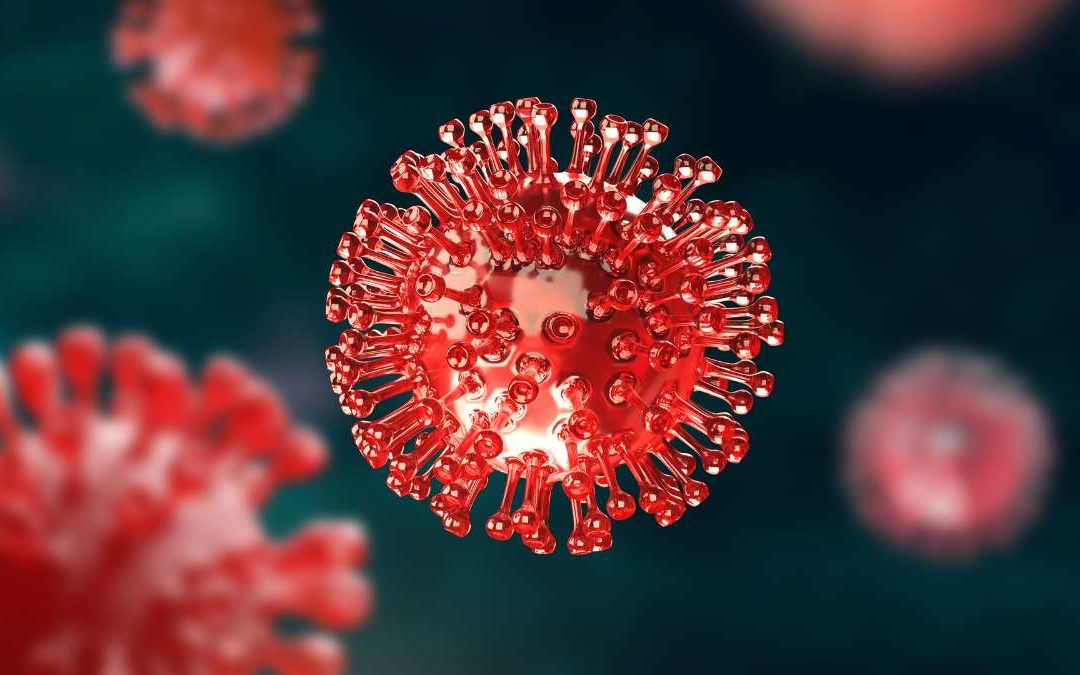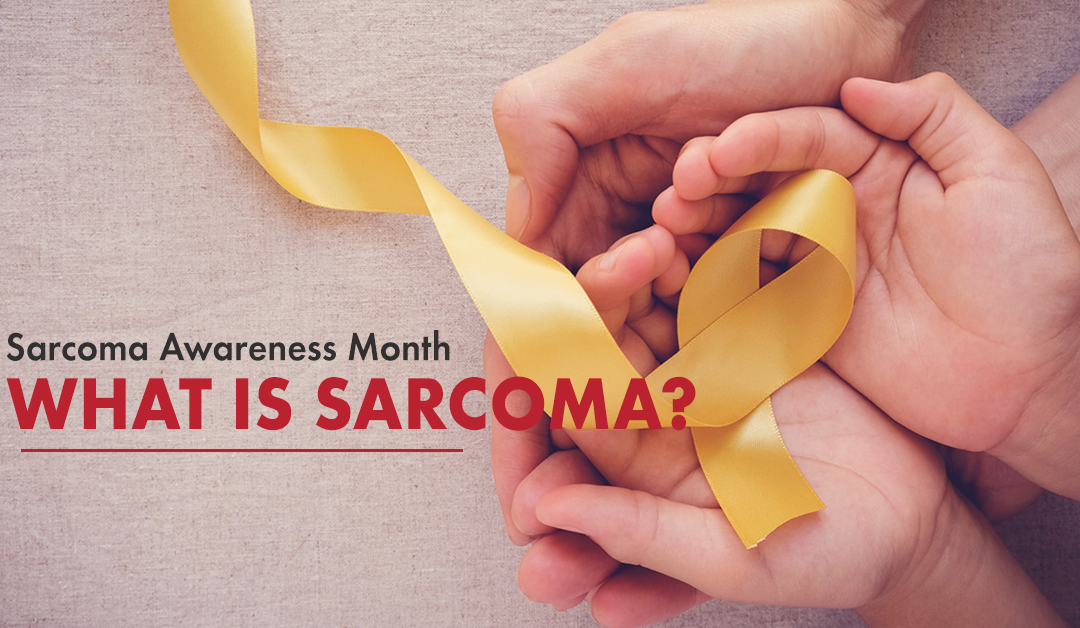Bone cancer can be one of several different cancers that develop in the bones. Cancers that begin in the bone are called primary bone cancers. Tumors that begin in organs or other parts of the body can also spread to the bones.
What is bone cancer?
Bone cancer can begin in any bone in your body, but it most commonly starts in the pelvic bone or the long bones in your legs or arms, such as your shinbone, femur, or upper arm.
Cancer that begins in the bones is uncommon. However, it can be aggressive, so early detection is important.
Cancer may also begin in another area of the body and spread to the bone. Cancer is usually named for the location where it starts.
Symptoms
There are few initial warning signs of bone cancer. Pain in the bone is the most common sign of bone cancer. Not all bone cancers cause pain. The pain can come and go, worsen at night or when the bone is used, and isn’t relieved by over-the-counter pain medicine.
- Bone pain
- Swelling and tenderness near the affected area
- Weakened bone, leading to fracture.
- Fatigue
- Unintended weight loss
- Anemia (not enough healthy red blood cells)
- Numbness, tingling, or weakness in different parts of the body if the tumor is pushing on a nerve
Many of these symptoms are more likely caused by other conditions. Talk to a healthcare provider if you have these symptoms.
Types of Bone Cancer
- Chondrosarcoma is a rare type of cancer that usually begins in the bones, but can sometimes occur in the soft tissue near bones. Chondrosarcoma happens most often in the pelvis, hip and shoulder. More rarely, it can happen in the bones of the spine.
- Ewing sarcoma is a type of cancer that begins as a growth of cells in the bones and the soft tissue around the bones. Ewing (Yoo-ing) sarcoma mostly happens in children and young adults, although it can happen at any age.
- Osteosarcoma is a kind of cancer that begins in the cells that form bones. Osteosarcoma tends to happen most often in teenagers and young adults. But it also can happen in younger children and older adults. Very rarely, it happens in soft tissue outside the bone.
Make an appointment with your doctor if you or your child develops bone pain that:
- Comes and goes.
- Becomes worse at night.
- Isn’t helped by over-the-counter pain relievers.
There is no common cause of bone cancer. Risk factors include treatments like radiation, chemotherapy, or a stem cell transplant.



